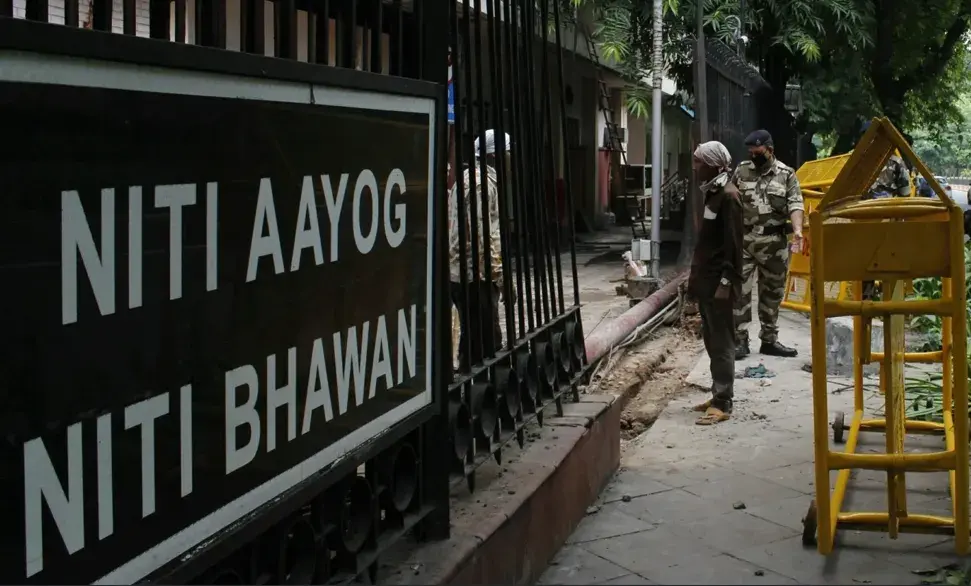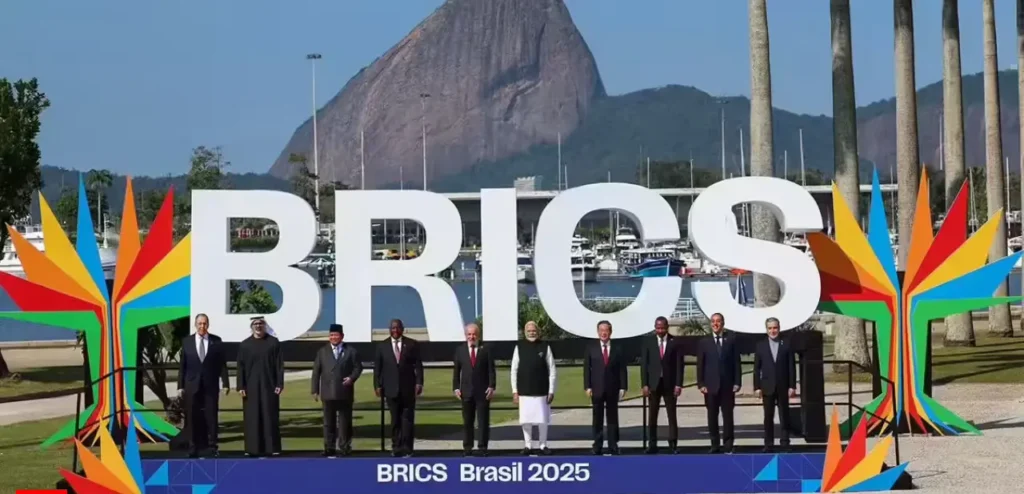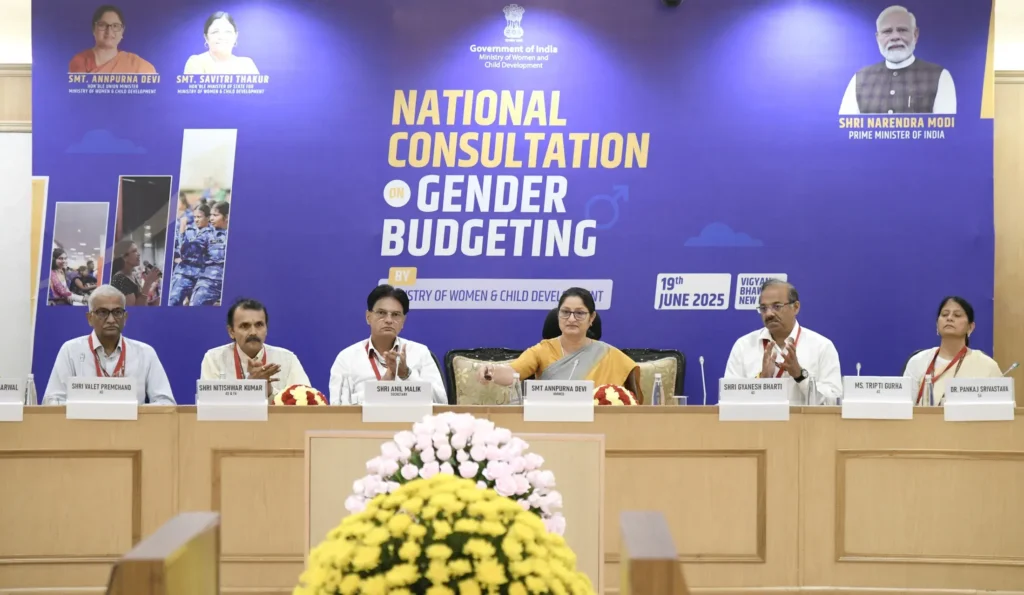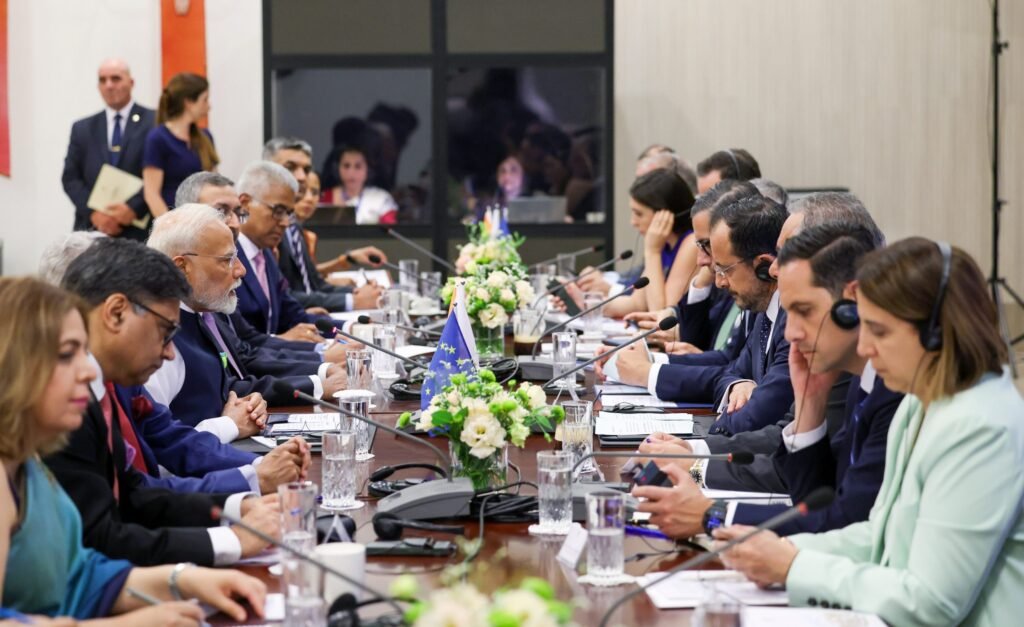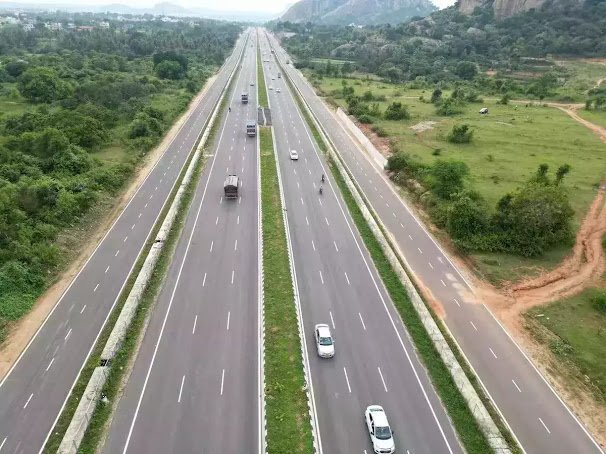NITI Aayog Unveils 2023–24 Edition of North Eastern Region District SDG Index
NITI Aayog, in collaboration with the Ministry of Development of North Eastern Region (MoDoNER) and technical partner UNDP, has released the second edition of the North Eastern Region (NER) District Sustainable Development Goals (SDG) Index for 2023–24. This comprehensive report evaluates the progress of 121 districts across all eight northeastern states in achieving the United Nations’ Sustainable Development Goals. This updated index builds on the foundation set by the inaugural edition published in August 2021. It offers a data-centric approach to monitoring district-level performance across economic, social, and environmental dimensions. The tool is intended to guide policymakers in implementing targeted, evidence-based interventions to drive sustainable growth. The report was officially launched by NITI Aayog Vice Chairman Suman Bery, CEO B.V.R. Subrahmanyam, MoDoNER Secretary Chanchal Kumar, and UNDP India Resident Representative Dr. Angela Lusigi. Among the districts, Hnahthial in Mizoram ranked highest with a composite score of 81.43, while Longding in Arunachal Pradesh came in at the bottom with a score of 58.71. Notably, all districts in Mizoram, Sikkim, and Tripura qualified as “Front Runners” (with scores ranging from 65 to 99). No districts fell into the “Achiever” category (a perfect score of 100) or the “Aspirant” category (scores below 50). Sikkim stood out for its uniformity in development, with only a 5.5-point variation between its highest and lowest scoring districts—indicating balanced growth. Tripura also demonstrated stable intra-state performance. During the launch event, Vice Chairman Bery emphasized the strategic importance of achieving the SDGs by 2030 as a stepping stone toward India’s long-term vision of Viksit Bharat @2047. CEO Subrahmanyam referred to the Northeast as the “Ashta Lakshmi” of India, underlining its developmental significance. MoDoNER Secretary Chanchal Kumar noted the index’s usefulness in identifying developmental shortfalls and guiding targeted action, while UNDP’s Dr. Lusigi underscored the urgency of converting data insights into tangible outcomes. The NER District SDG Index 2023–24 serves as a vital policy instrument for promoting inclusive, region-specific development. It empowers administrators and stakeholders to make informed decisions, allocate resources strategically, and accelerate sustainable progress in India’s northeastern frontier. Source: DD News
NITI Aayog Unveils 2023–24 Edition of North Eastern Region District SDG Index Read More »

